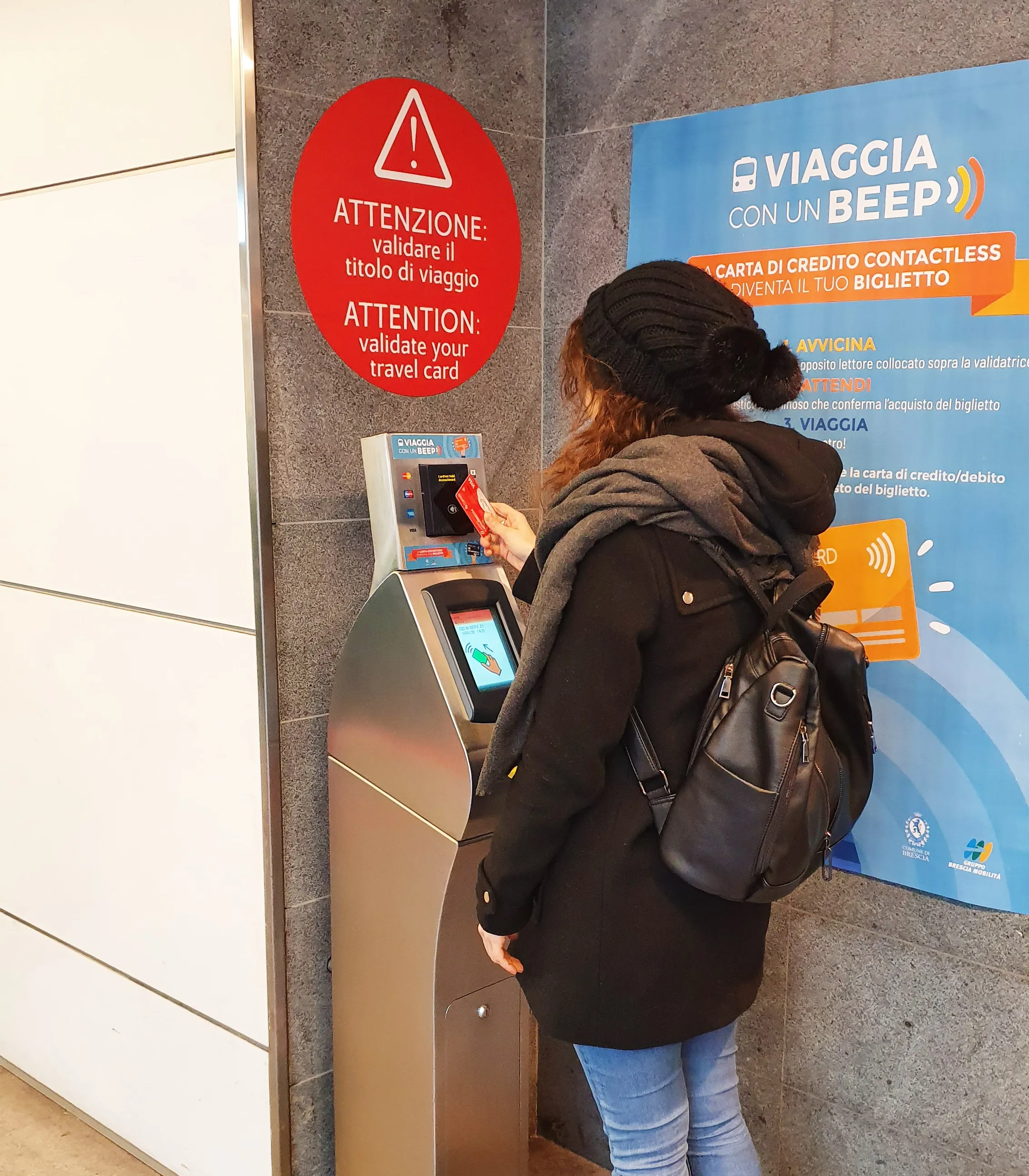Finland-headquartered contactless fare media supplier Confidex is to supply Strathclyde Partnership for Transport (SPT) with contactless ITSO (the UK technical standard for interoperable smart ticketing) smart tickets to replace the magnetic stripe tickets currently in use across the Glasgow underground system. The tickets will be encoded and issued from vending machines, parking machines and ticket offices. SPT assistant chief executive Eric Stewart says: “A key part of SPT’s subway modernisation work is
January 28, 2013
Read time: 2 mins
Finland-headquartered contactless fare media supplier 946 Confidex is to supply 2050 Strathclyde Partnership for Transport (SPT) with contactless 3836 ITSO (the UK technical standard for interoperable smart ticketing) smart tickets to replace the magnetic stripe tickets currently in use across the Glasgow underground system. The tickets will be encoded and issued from vending machines, parking machines and ticket offices.
SPT assistant chief executive Eric Stewart says: “A key part of SPT’s subway modernisation work is a move away from traditional paper tickets to a smartcard system and we intend to roll out the technology across our fifteen stations later this year. Confidex was selected on the basis of price, quality and delivery capability and the ability to achieve ITSO certification which is essential to provide the inter-operability function necessary for passengers to enjoy seamless travel. That starts in our subway system and in due course will be available on bus, train, and ferry services."
Kevin Farquharson from Smartran, Confidex's partner in the UK, comments, “Low cost media has been part of the ITSO (national standard for smart ticketing in UK) specification from the outset, but has received limited attention as operators and authorities concentrated on concessions and period passes. In contrast many schemes in Europe, North America and across the world rely on low cost smart tickets to reduce fraud and speed passengers through their networks. We worked with Confidex to ensure they met or exceeded all of SPT’s expectations.”
SPT assistant chief executive Eric Stewart says: “A key part of SPT’s subway modernisation work is a move away from traditional paper tickets to a smartcard system and we intend to roll out the technology across our fifteen stations later this year. Confidex was selected on the basis of price, quality and delivery capability and the ability to achieve ITSO certification which is essential to provide the inter-operability function necessary for passengers to enjoy seamless travel. That starts in our subway system and in due course will be available on bus, train, and ferry services."
Kevin Farquharson from Smartran, Confidex's partner in the UK, comments, “Low cost media has been part of the ITSO (national standard for smart ticketing in UK) specification from the outset, but has received limited attention as operators and authorities concentrated on concessions and period passes. In contrast many schemes in Europe, North America and across the world rely on low cost smart tickets to reduce fraud and speed passengers through their networks. We worked with Confidex to ensure they met or exceeded all of SPT’s expectations.”









